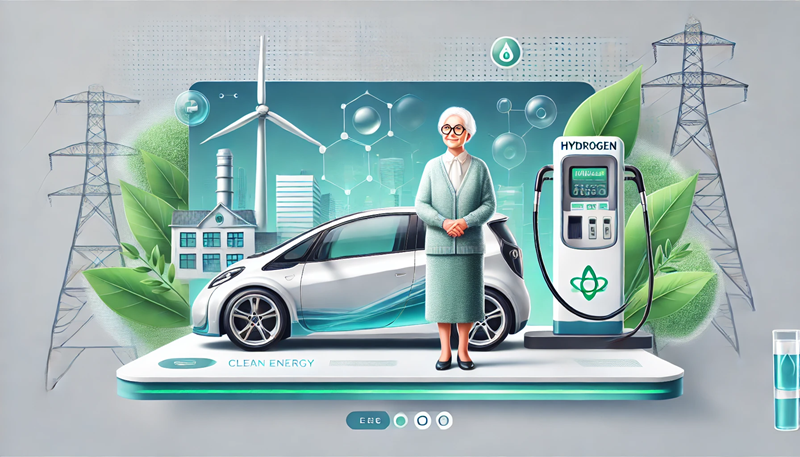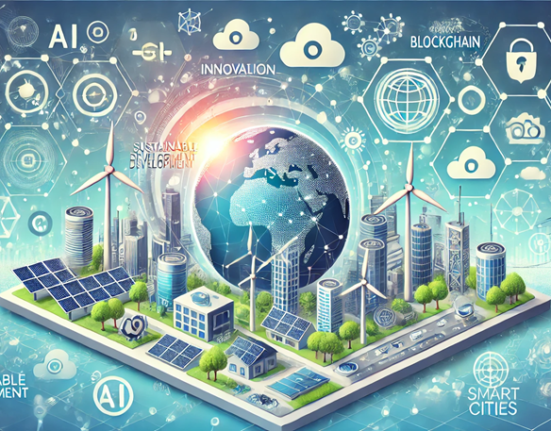For decades, hydrogen-powered vehicles (FCEVs) have been touted as the future of clean transportation, promising zero emissions, fast refueling, and sustainability. Yet, despite heavy investment from major automakers and government incentives, hydrogen cars continue to lag far behind battery electric vehicles (BEVs) in adoption, infrastructure, and affordability.
So, why haven’t hydrogen cars taken off? Will they ever compete with EVs, or are they destined to remain a niche technology? This article explores the key reasons why hydrogen cars might never replace EVs and the challenges preventing them from mass adoption.
1. Energy Efficiency: EVs Win by a Huge Margin
One of the biggest reasons hydrogen fuel cell vehicles (FCEVs) struggle against battery electric vehicles (BEVs) is energy efficiency. Simply put, hydrogen cars waste more energy compared to EVs.
🚀 Energy Efficiency Comparison:
- BEVs convert 80% of electricity into actual movement.
- Hydrogen FCEVs convert only 30-40% of energy into motion.
🔍 Why Hydrogen is Less Efficient:
1️⃣ Electrolysis Wastes Energy: Creating hydrogen from water loses up to 40% of the energy.
2️⃣ Storage & Transportation Losses: Hydrogen needs to be compressed, transported, and stored, which wastes another 15%.
3️⃣ Fuel Cell Conversion Losses: Inside the car, the hydrogen fuel cell loses another 40% when converting it back into electricity.
💡 Final Verdict: BEVs require less electricity to drive the same distance, making them a far more energy-efficient solution than hydrogen cars.
2. Hydrogen Fuel Costs More Than Electricity
💰 Hydrogen fuel is expensive—in some regions, it costs more than gasoline!
📌 Hydrogen vs. EV Charging Costs (California Example)
- Hydrogen fuel cost: Up to $16 per kg, with most cars needing 5-6 kg per refill = $80-$100 per tank
- EV charging cost: Fully charging a Tesla Model 3 costs about $12-$20
🚗 Key Takeaway: Hydrogen cars cost 4-5 times more to fuel than EVs, making them a less practical option for everyday consumers.
3. Hydrogen Refueling Infrastructure is Lacking
Another major roadblock for hydrogen cars is the lack of refueling stations. Unlike EV charging stations, which are growing rapidly, hydrogen infrastructure remains limited and expensive to develop.
📌 Number of Public Charging vs. Hydrogen Stations (2024 Data)
- 🔋 EV Chargers Worldwide: Over 5 million public charging points.
- ⛽ Hydrogen Refueling Stations: Only 1,200 globally, with most in Japan, California, and Germany.
💡 The Reality:
✅ EV charging stations are everywhere.
❌ Hydrogen fueling stations are scarce, making FCEVs impractical for long-distance travel.
🚀 Future Growth?
- Experts predict that EV charging networks will continue expanding, while hydrogen infrastructure struggles to scale due to high costs and low demand.
4. Hydrogen Cars Are More Expensive Than EVs
Even if the fuel and infrastructure improve, hydrogen cars remain more expensive than their EV counterparts.
📌 Hydrogen vs. EV Pricing (2024 Models)
| Car Model | Type | Starting Price |
|---|---|---|
| Toyota Mirai (FCEV) | Hydrogen | $50,000+ |
| Hyundai Nexo (FCEV) | Hydrogen | $60,000+ |
| Tesla Model 3 (BEV) | Battery Electric | $40,000 |
| Chevy Bolt EV (BEV) | Battery Electric | $27,495 |
💡 EVs are getting cheaper, while hydrogen cars remain expensive due to high production costs.
🚗 Why Hydrogen Cars Cost More:
- Fuel cells require expensive materials like platinum.
- Manufacturing volume is low, keeping prices high.
- Lack of economies of scale due to low demand.
🚀 EVs, on the other hand, are getting cheaper each year, thanks to battery technology improvements and mass production.
5. Automakers Are Shifting Towards EVs, Not Hydrogen
🔍 What Are Car Companies Doing?
🚗 Toyota → Still supports hydrogen but is prioritizing EVs for passenger vehicles.
🚗 Hyundai → Developing hydrogen for trucks and buses, not consumer cars.
🚗 BMW → Partnering with Toyota to launch limited hydrogen models by 2028.
🚗 Tesla → Dismisses hydrogen, calling it inefficient and impractical.
💡 Key Takeaway: Even automakers who once supported hydrogen are shifting toward EVs because of better efficiency, cost-effectiveness, and infrastructure growth.
6. Hydrogen Might Be Better for Trucks & Industrial Use
While hydrogen may not be the future of passenger cars, it still has potential in commercial and industrial transport.
🚚 Where Hydrogen Works Best:
✅ Long-haul trucks – Quick refueling is beneficial for commercial fleets.
✅ Trains & Ships – Ideal for large transport networks where battery charging is impractical.
✅ Aviation – Hydrogen could replace jet fuel in the future.
📌 Toyota, Daimler, and Volvo are investing in hydrogen for trucks, but NOT for passenger cars.
🚀 The Verdict:
🔋 EVs will dominate passenger cars.
⛽ Hydrogen may have a future in heavy transport and industry.
Final Verdict: Hydrogen Cars Won’t Replace EVs Anytime Soon
🔍 Why EVs Are Winning the Race
✅ Higher energy efficiency – Uses less electricity than hydrogen.
✅ Lower costs – Cheaper vehicles, charging, and infrastructure.
✅ Better infrastructure – More charging stations, growing rapidly.
✅ Automaker support – Companies are shifting focus to BEVs.
🚗 What’s Next for Hydrogen?
⚡ It won’t replace EVs, but it could play a role in trucking, aviation, and shipping.
📌 Final Thought: While hydrogen cars sounded promising, they’re no match for EVs in efficiency, cost, and infrastructure. If you’re looking for the future of personal transportation, battery electric vehicles (BEVs) are the way to go!










